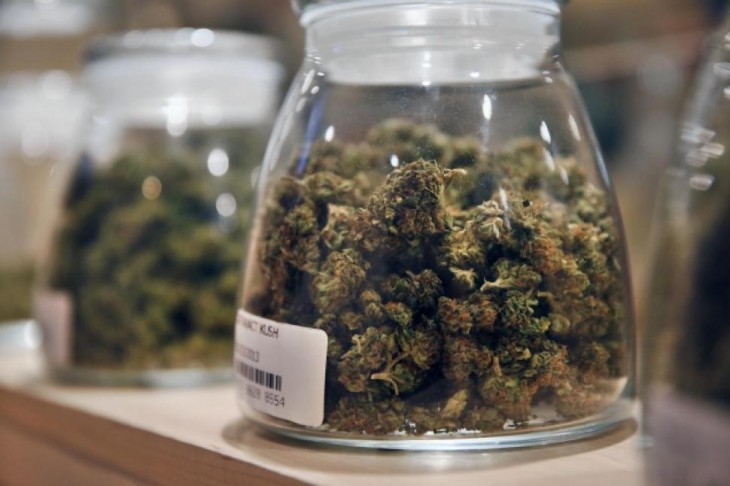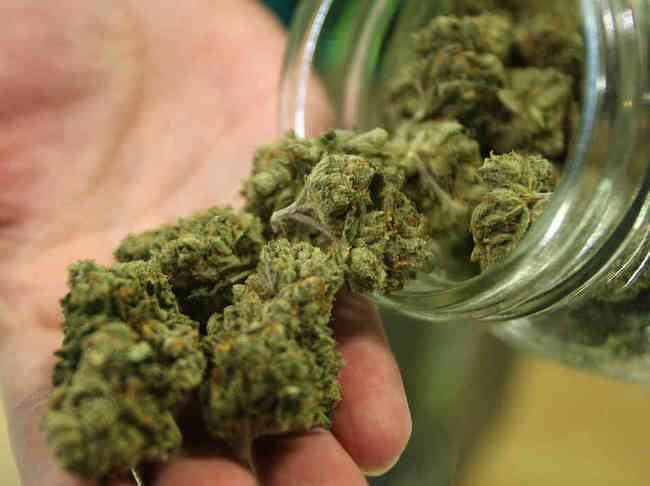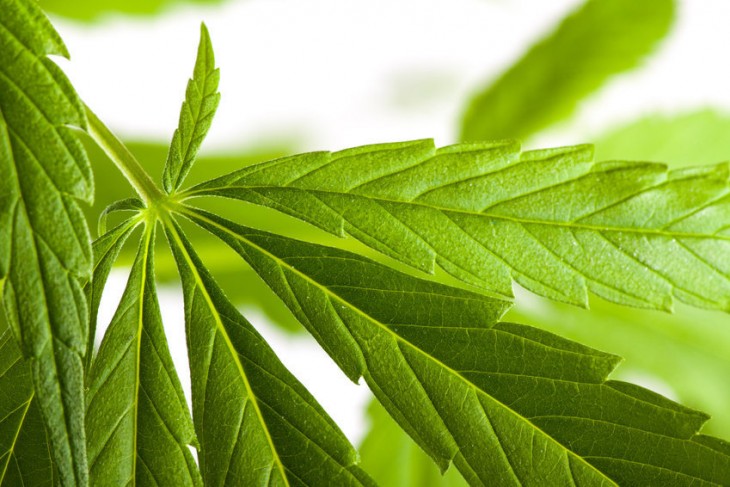In spite of the universal acceptance of medical marijuana benefits in treating epilepsy, for instance, besides pain management and calming anxiety, depression and promoting sleep, a strong opposition remains. Who are we to believe? We have many cases of war veterans who feel better after taking marijuana and that should be recommendation enough. Yet many authorities feel that marijuana is partly harmful and endless research continues.
The question is whether marijuana treatments can help US army veterans suffering PTSD in the evening of their lives and youngsters too? It is confirmed by statistics that prescription drugs like painkillers are on the way down as senior citizens seek more natural substances without the harmful chemical components. Top army doctors doubt the efficacy of marijuana. Nowadays, the media informs of various cannabis-based medications that are soon to hit the market. Cannabis infused edibles and drinks are sold wherever the laws allow like in Colorado State and neat profits in the millions of dollars are being made.
So now, a three-year wait commences! The Federal Government that still maintains that marijuana is a dangerous Schedule 1 drug has commissioned a three-year study commencing in April to confirm if straight marijuana rather than the derivatives has harmful chemicals.
Lieut. General Nadya West thinks negatively and believes that marijuana contains more carcinogens than tobacco. He thinks that a serious long-term impact upon some areas of the brain like the hippocampus would be the result of taking marijuana. West thinks that further research would confirm what exactly marijuana contains and whether there is potential for harm.
How can marijuana be the angel and the devil too? Controversies have often arisen with regard to the medical and legal aspects of the green gold that the American business scene is nowadays busy with. Social acceptance cannot be the ultimate judge, feel some people. Will research really clear up the mysteries?
With vast deployment of soldiers abroad in places like Afghanistan and Iraq at 2.7 million, America has enough PTSD cases (maybe 50,000). Existing treatments benefit 80% of them. Federalists still consider dope illegal and the army has to agree. Veterans could try marijuana themselves as some are doing and finding great relief.
Consider the example of Jose Martinez in Afghanistan who lost all his limbs and his trauma of endless suffering resulted in taking 150 pills each day. He turned to marijuana for relief. Marijuana brought him hope. At 28, Martinez thinks that the wonder herb could allay the misery of many sufferers like him.









